| Content |
-
Promotes Healthy Urinary Tract Flow and Frequency
-
Helps Maintain Hormonal Balance
-
Provides Nutrients that Support Prostate Health
A few minutes from now, you’ll have an opportunity to join a select group of men… men who NEVER wake up 4, 5, or 6 times a night to rush to the bathroom. Because in this short, eye-opening report, you're going to discover an astonishing shift in the way you understand how to maintain your prostate health and achieve healthy PSA levels—something called the “4 pillars of a perfect prostate.” It’s a brand new approach that could change your life...
What Is Prostate-Specific Antigen?
Prostate-specific antigen (PSA) is something made by the prostate gland. High PSA levels may be a sign of prostate cancer, a noncancerous condition such as prostatitis, or an enlarged prostate gland.
What Are Normal PSA Levels?
There’s no such thing as a normal PSA for any man at any given age, but most men with prostate cancer have a higher than normal level. In general:
-
Safe: 0 to 2.5 ng/mL
-
Safe for most: 2.6 to 4 ng/mL. Talk with your doctor about other risk factors
-
Suspicious: 4 to 10 ng/mL. There’s a 25% chance you have prostate cancer.
-
Dangerous: 10 ng/mL and above. Talk to your doctor right away. There’s a 50% chance you have prostate cancer.
How Is The PSA Screening Test Done?
The test involves taking blood, usually from your arm. The doctor will send the sample to a lab. Results most often come back within several days.
When Should I Have My PSA Levels Tested?
The first thing to do is talk to your doctor about the pros and cons of prostate cancer screening before you decide whether to be tested. Don’t get tested until you have that talk. Opinions differ about when you should do that.
The American Cancer Society says to get tested at age 40 or 45 if you’re at high risk and 50 if you’re at average risk.
The American Urological Association suggests:
-
Under 40: No screening
-
40 to 54: No screening if you’re at average risk. If you’re at a high risk, you and your doctor can decide.
-
55 to 69: Screening if your doctor suggests
-
Over 70 or less than a 10-15 year life expectancy: No screening
The U.S. Preventive Services Task Force says:
-
55 to 69: Men with prostate cancer risks may need testing.
If your doctor thinks you might have prostate cancer based on either a PSA level or a rectal exam, a biopsy is the next step. This is a test where the doctor takes a small amount of tissue from your prostate and sends it to a lab for tests. It’s the only way to be sure you have cancer.
|
-
IMPROVE BLOOD FLOW - The key to a healthy erection is improved blood flow. Alfa Male improves blood flow to the penis, making it easier to achieve an erection and maintain it.
-
ENHANCE ENDURANCE & STAMINA - Alfa Male contains ingredients that have been shown to enhance stamina and endurance. Whether you're looking to improve your performance at the gym or in the bedroom, this supplement can help you achieve your goals.
-
FAST RESULTS - The results are fast and effective. If you need results in hours, not days, simply follow our label instructions.
-
GET THE EDGE YOU NEED - Whether it's a night out on the town, or a romantic evening at home, Alfa Male will give you the confidence and performance you need to satisfy her every desire!
-
THE MOST RELIABLE ON THE MARKET - We have been selling this product for years. Many men have used it with positive results. Try it today and see why we highly recommend it.
Category: Male Enhancement
What is erectile dysfunction (ED)?
Erectile dysfunction (impotence) is the inability to get and keep an erection firm enough for sex.
Having erection trouble from time to time isn't necessarily a cause for concern. If erectile dysfunction is an ongoing issue, however, it can cause stress, affect your self-confidence and contribute to relationship problems. Problems getting or keeping an erection can also be a sign of an underlying health condition that needs treatment and a risk factor for heart disease.
What are common symptoms of ED?
Erectile dysfunction symptoms might include persistent:
-
Trouble getting an erection
-
Trouble keeping an erection
-
Reduced sexual desire
Because of the unpleasant symptoms of ED, many people seek herbal viagra or erection pills online.
What causes ED?
Male sexual arousal is a complex process that involves the brain, hormones, emotions, nerves, muscles and blood vessels. Erectile dysfunction can result from a problem with any of these. Likewise, stress and mental health concerns can cause or worsen erectile dysfunction.
Sometimes a combination of physical and psychological issues causes erectile dysfunction. For instance, a minor physical condition that slows your sexual response might cause anxiety about maintaining an erection. The resulting anxiety can lead to or worsen erectile dysfunction.
How to prevent ED?
The best way to prevent erectile dysfunction is to make healthy lifestyle choices and to manage any existing health conditions. For example:
-
Work with your doctor to manage diabetes, heart disease or other chronic health conditions.
-
See your doctor for regular checkups and medical screening tests.
-
Stop smoking, limit or avoid alcohol, and don't use illegal drugs.
-
Exercise.
-
Take steps to reduce stress.
-
Get help for anxiety, depression or other mental health concerns.
Often herbal viagra or erection pills online are promoted to give men an extra boost to prevention methods to help combat ED. |
-
Provides Strong Immune Support
-
Eases Cold/Flu Symptoms
-
Reduces Recovery Time
Keeping your immune system working at its peak – especially in times of stress or when exposed to someone under the weather – is crucial to staying healthy. Now there is a daily maintenance program that keeps your immune system from being overwhelmed as it wins the war against your body’s enemies.
Everything from crowded elevators and ATM machines to doorknobs can pose health risks. Ventilation systems in office buildings act as mass transit systems for illness-causing microbes. Closed spaces, from movie theaters to airplanes, are breeding grounds for germs.
For deep immune support and protection buy VIRID. It has no side-effects or interactions with medications and is safe enough for children to use. VIRID is a clinically-developed, egg free, gluten free, professional-grade herbal medicine with FIVE potent ingredients that’s GUARANTEED to put a stop the flu before it ever starts. Just one of the powerful key ingredients, Black Elderberry, was used by Native Americans to survive the harsh winters long before modern medicine. In fact, Israeli virologist Dr. Madeliene Mumcuoglu was responsible for having the rare accomplishment of awarding this substance. A therapeutic patent and her research led to its official registration in the United States Pharmacopoeia.
But it doesn’t end there, VIRID, actually provides relief of nausea, vomiting, diarrhea, headaches, fatigue, chills, sore throat, fever and body aches should you contract the flu. Vaccines do NOT provide this benefit if you get the flu. Additionally, VIRID stimulates the immune system with ingredients like Echinacea that go beyond symptomatic relief. It helps eliminate the root cause of illness. With such an effective alternative available, why would you allow anyone in your family to become a statistic to the flu vaccine? Buy VIRID today if you want SAFE, GUARANTEED protection from the flu. |
-
Naturally boosts testosterone
-
Powerful Pre-Workout
-
Improves libido
-
Supports increased muscle mass
-
Strengthens joints and muscles
-
Prolongs stamina and increases endurance
-
Provides long-lasting all day energy
-
Supports a positive mood
-
Improves heart efficiency
MRT spray is a muscle recovery, strength and stamina booster. It’s a natural product that helps increase energy levels and boosts performance by support of testosterone levels. It also works by improving the blood flow to muscles which increases oxygen levels, accelerates muscle repair and reduces soreness after exercise. MRT spray is suitable for use by both men who want to increase their workout performance, increase libido or simply get back into shape after injury or illness. The main active ingredient in MRT spray is Deer Velvet which has been identified by all sports commissions as a performance enhancer.
|



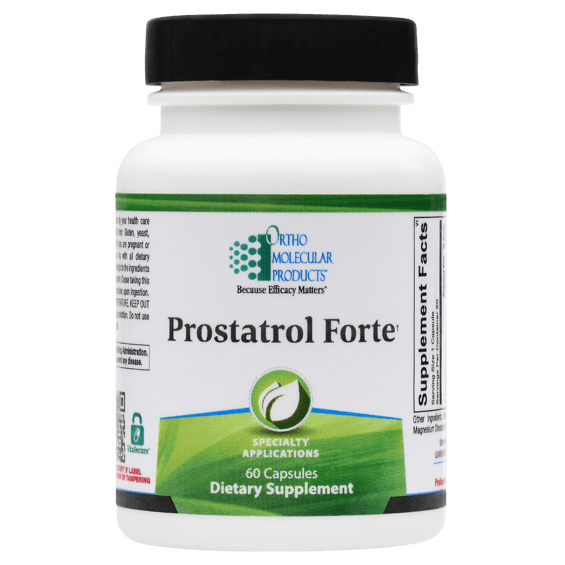
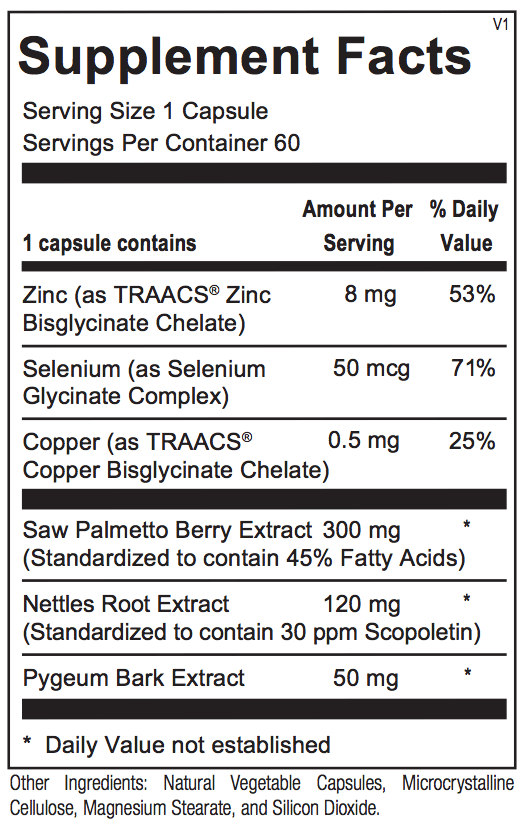



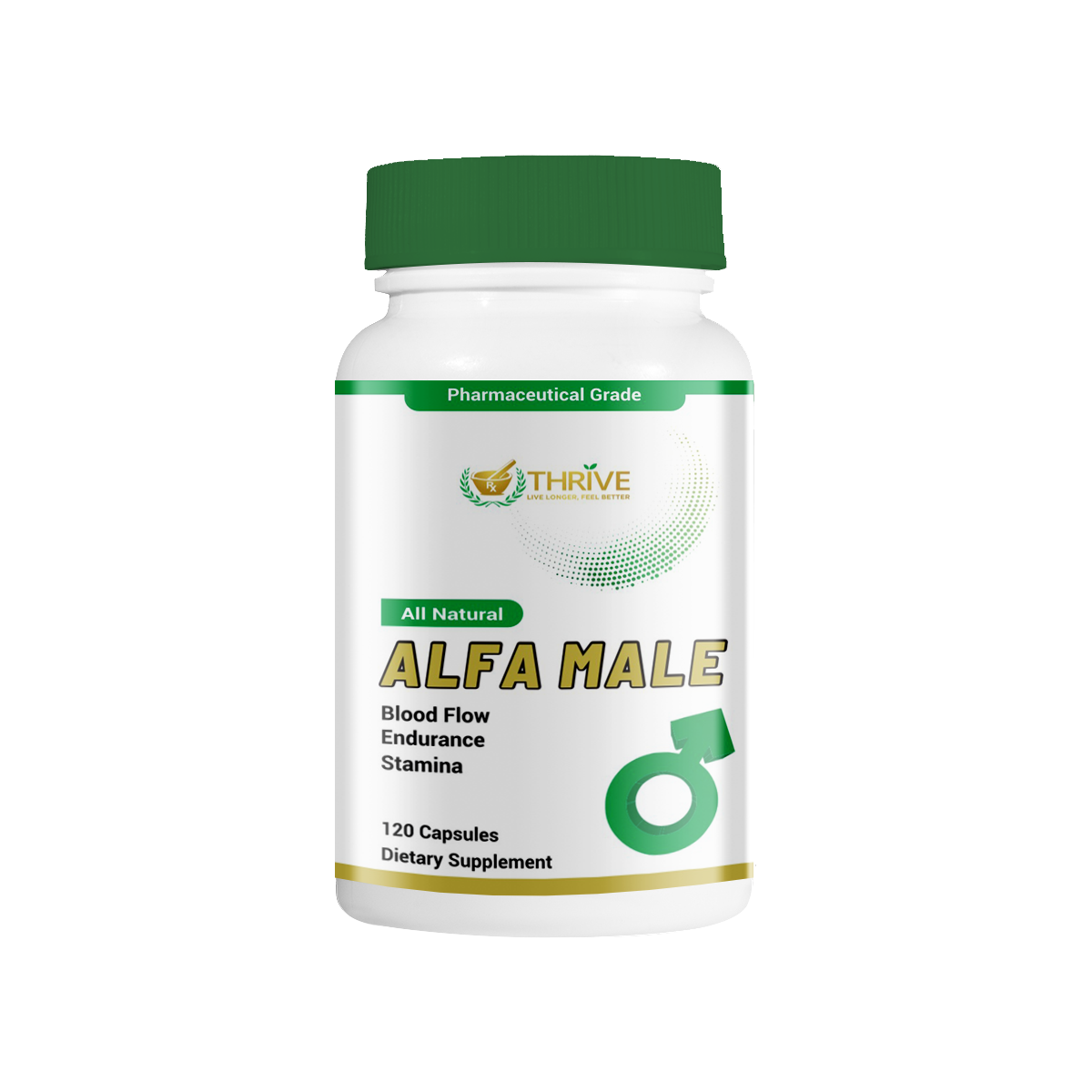
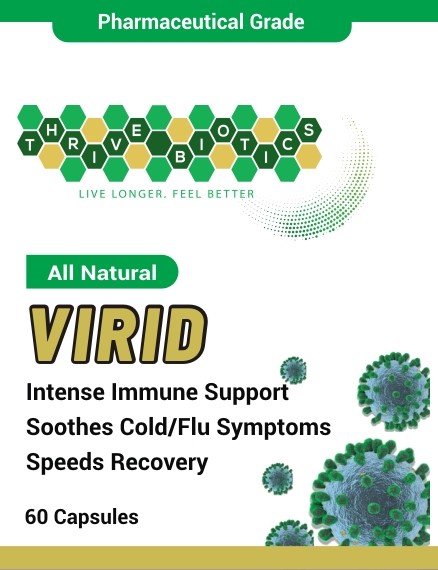
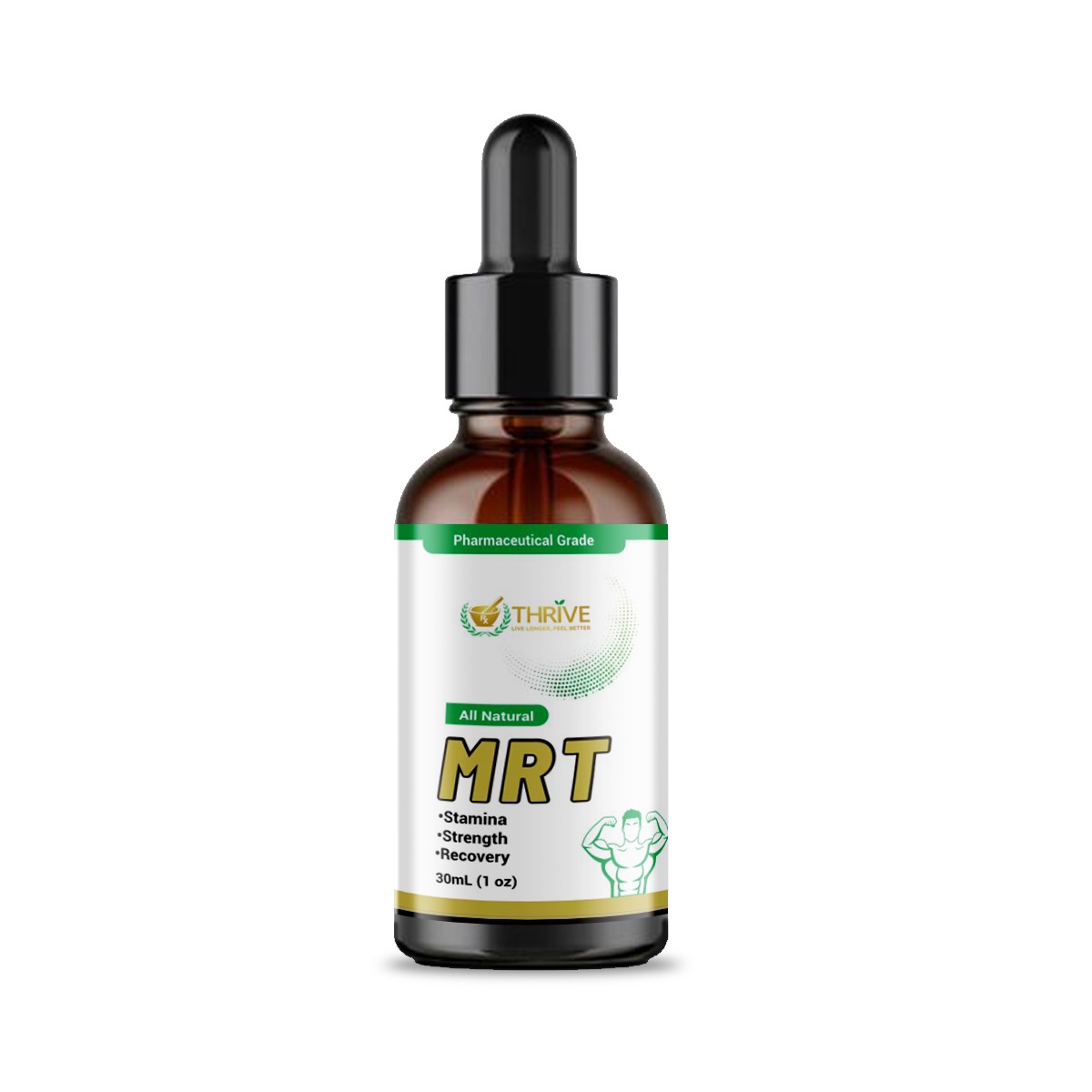
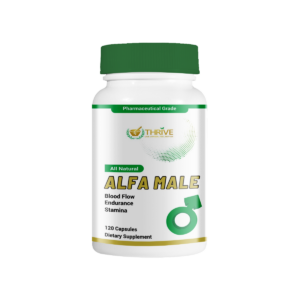
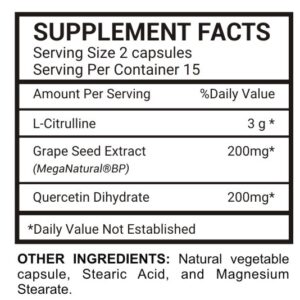
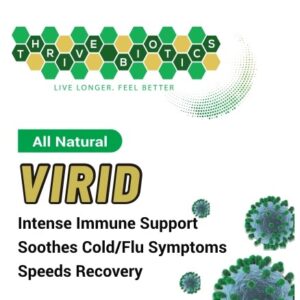
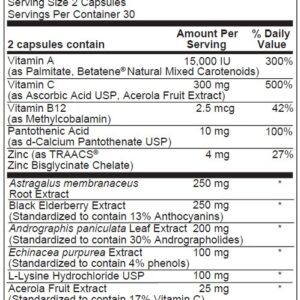
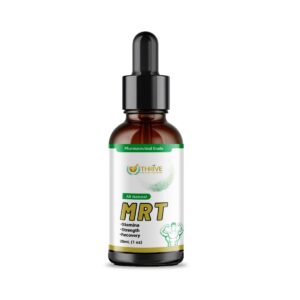
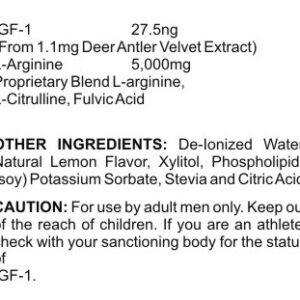

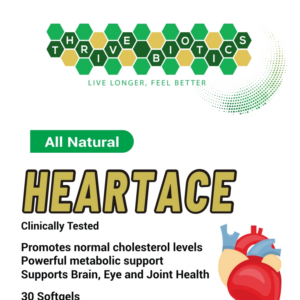
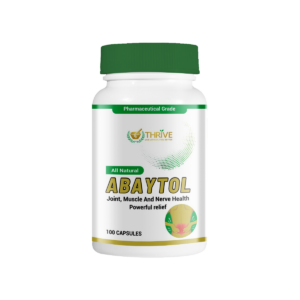



Ken Welch –
This worked great for me. I had to take 2 per day for a few weeks but it put an end to my frequent bathroom visits especially at night. Not 5 stars because of the price
Marc Hill –
Sleeping better, feeling better and thankful my wife found this product for me.
David S. –
I have noticed a difference in how much I have to go to the bathroom. Works for me but I know not everyone is the same and I also wish it was cheaper
Robbie –
I think this product takes the best approach and includes a number of important support ingredients all in one supplement. One of the best formulas I’ve seen and it helped my prostate.
lenyam (verified owner) –
I have been taking this for years and have found it to work the best. Maybe up once in the night or less.
Yes expensive.